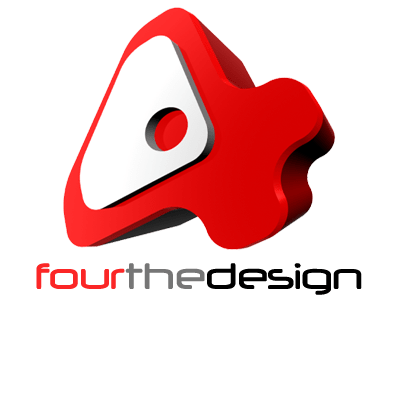Educational VR Apps
Virtual Reality (VR) has emerged as a cutting-edge technology in the field of education. Educational VR apps can provide a range of benefits to learners, making learning more engaging, immersive, and effective. In this article, we will explore the benefits of educational VR apps in detail.
Immersive Learning Experiences
Firstly, one of the significant benefits of educational VR apps is the creation of a simulated environment that can help students learn about various topics in a more immersive and engaging way. For example, students can explore historical sites or famous landmarks around the world, making learning about history and geography more exciting and interactive. By creating an immersive learning environment, students can experience things that they might not be able to in real life, thereby providing an enriching learning experience.
Active Learning
Secondly, VR apps can encourage students to actively participate in the learning process, rather than just passively consuming information. Students can interact with the environment, explore, and experiment with different scenarios, making learning more engaging and enjoyable. Active learning through VR apps can also help students retain information better, as it provides a hands-on experience that promotes retention through practice.
Visual and Interactive Learning
Moreover, visual and interactive learning can help students understand complex concepts or topics. VR apps provide an excellent opportunity to learn through visualization and interaction, making it easier for students to grasp difficult concepts. For instance, VR apps can simulate the internal structure of a human body, allowing students to explore the various systems and organs. This level of visualization and interaction can be a significant advantage over traditional textbooks, which can be limiting in terms of visualization.
Safe Learning Environment Educational
Furthermore, educational VR apps can provide a safe environment for students to explore and learn about various topics that might not be possible or safe to do in real life. For instance, students can explore outer space, explore different types of ecosystems, or learn about various geological formations, all without leaving the classroom. In this way, VR apps provide a risk-free environment for students to experiment and learn, providing them with an excellent opportunity to learn through experimentation and exploration.
Personalized Learning
Lastly, VR apps can be customized to meet the needs and learning styles of individual students, allowing for a more personalized learning experience. Students can proceed at their own pace, choosing the areas that they want to explore in more detail, and repeating difficult concepts as many times as needed. Personalized learning through VR apps can provide students with a sense of ownership over their learning, leading to more engaged and motivated learners.
In conclusion, educational VR apps have the potential to transform the way we learn by providing more engaging, immersive, and effective learning experiences. The benefits of VR apps, including immersive learning experiences, active learning, visual and interactive learning, safe learning environments, and personalized learning, can help students learn and retain information more effectively. VR apps can be an exciting addition to the classroom, providing a safe and effective learning environment that can help students explore and learn about the world around them.



